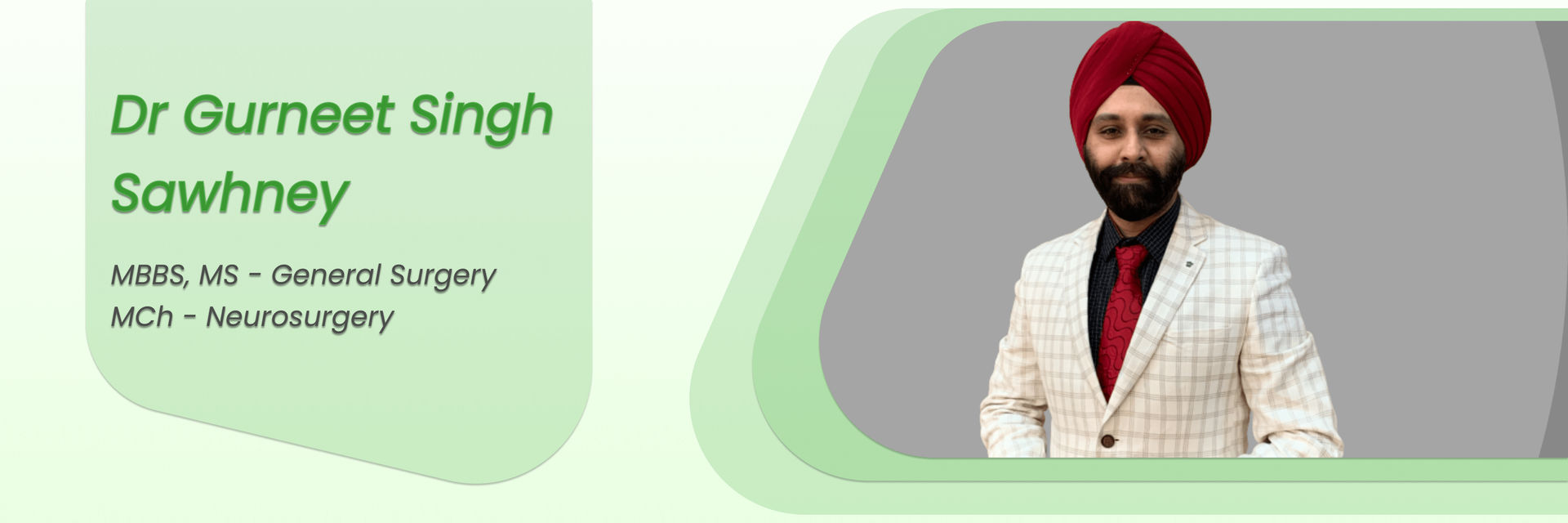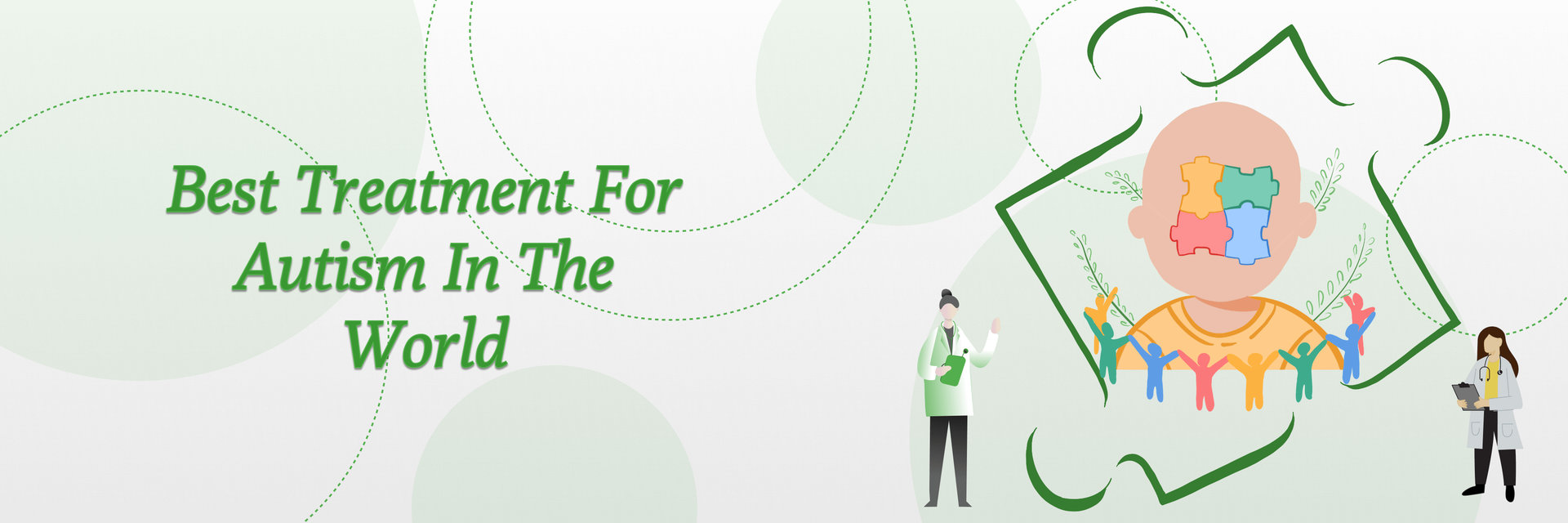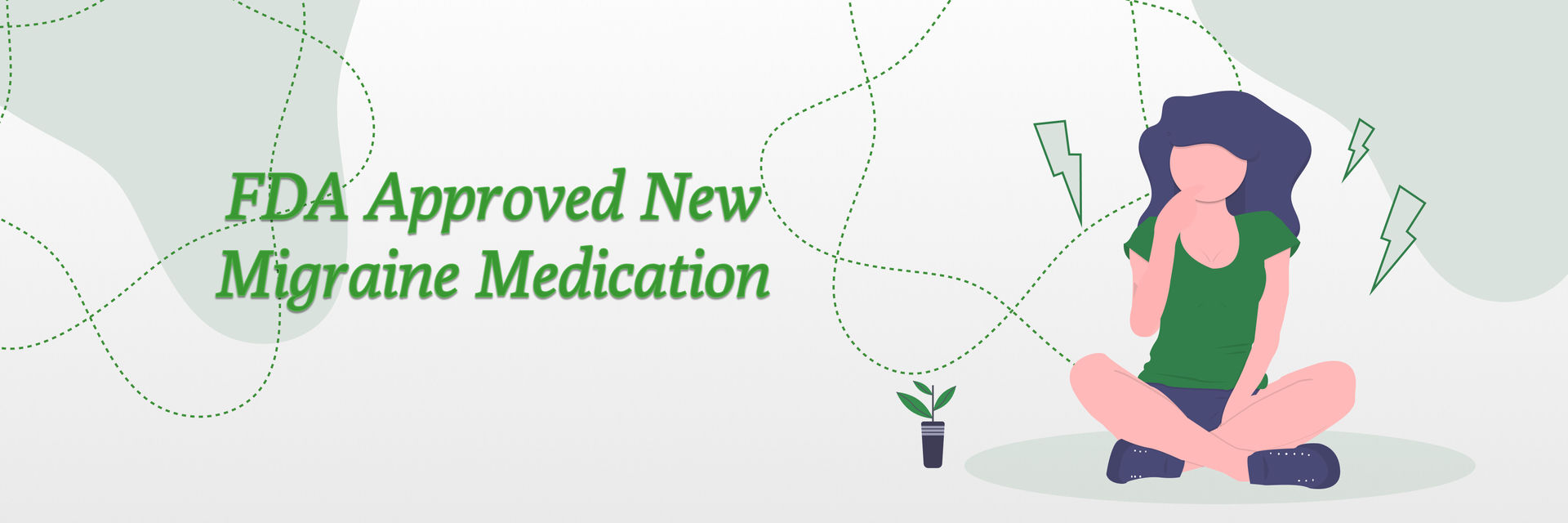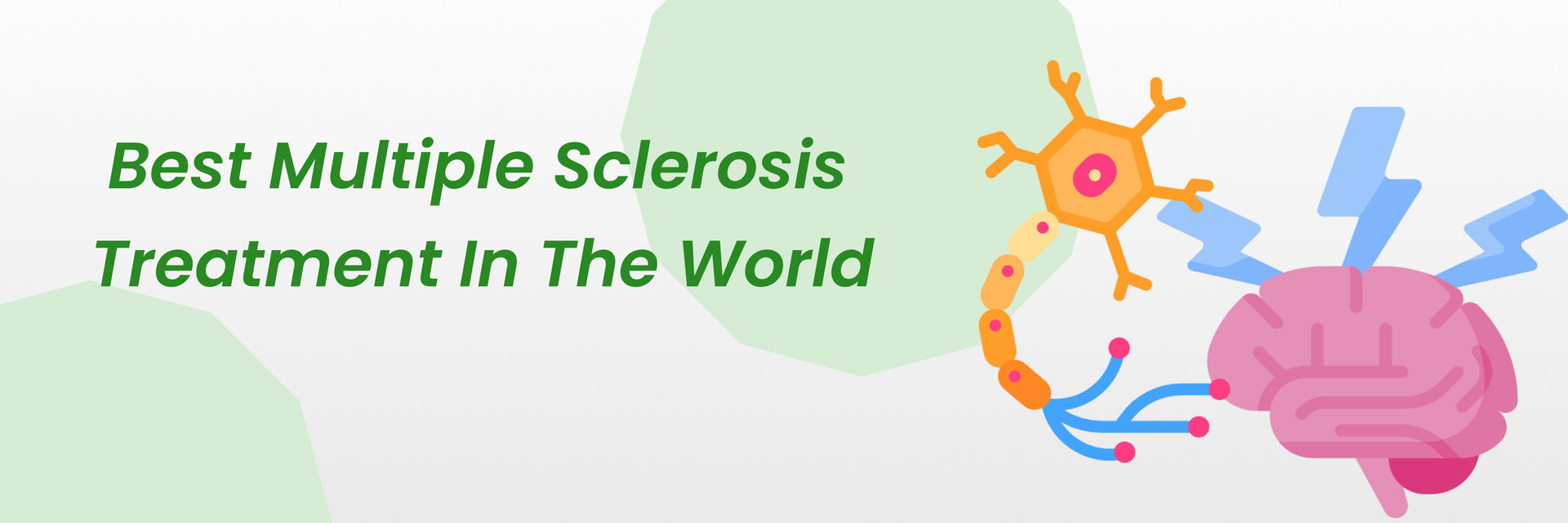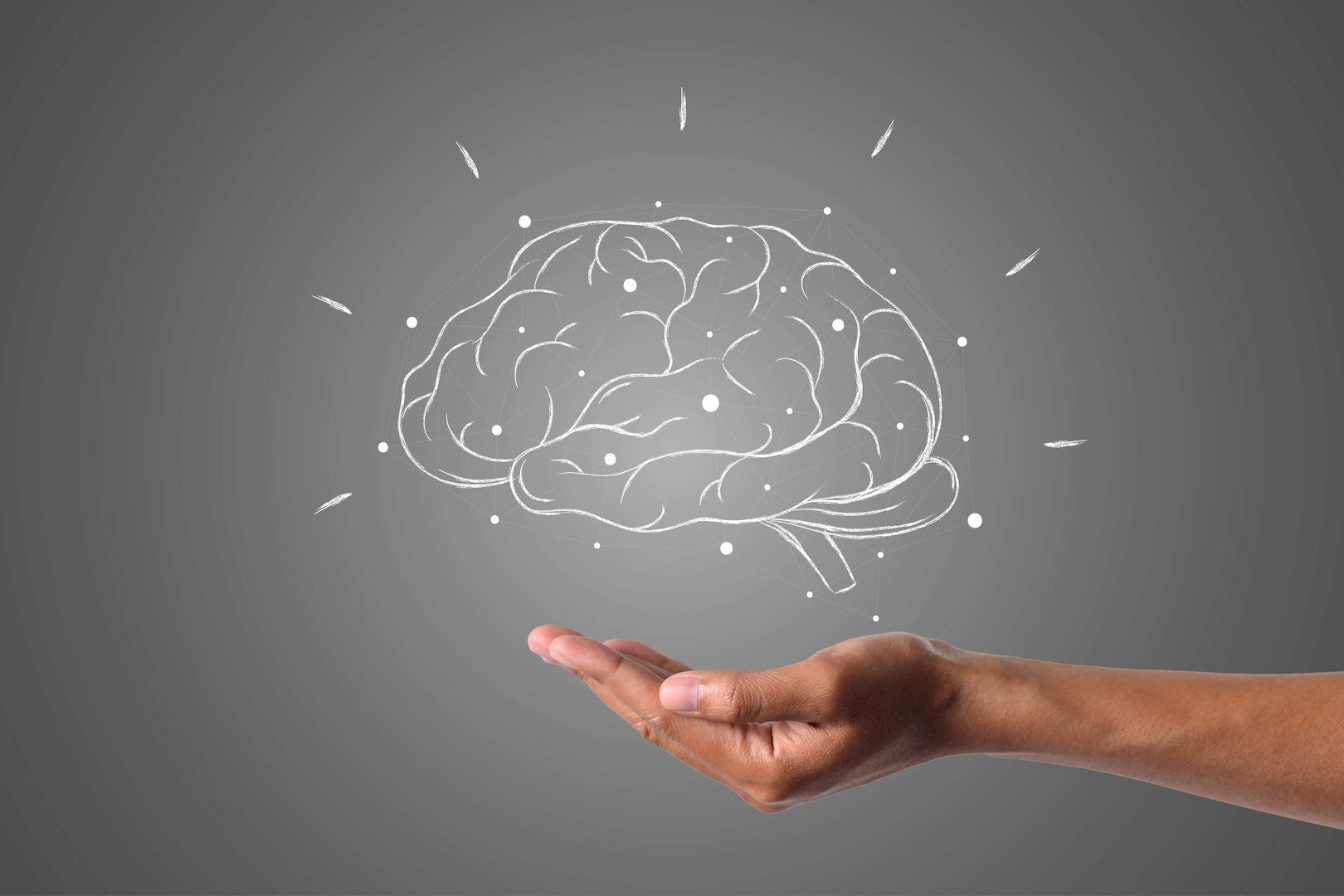A decline in cognitive function, including memory, language, analytical skills, and other mental capacities, is known as dementia. It affects a lot of elderly people.
Menopause may be one of the symptoms of dementia, depending on the underlying cause and the severity of the condition.
The natural transition that takes place in women when their ovaries cease releasing eggs is known as menopause. The level of other hormones, including estrogen, likewise decreases when production does. Hot flashes, nocturnal sweats, irregular periods, and vaginal dryness are typical menopause symptoms that may require specialized care from a gynecologist.
Dementia must be identified and treated early. But it would be great if we could completely prevent it.
You must be amazed to know!
According to research from Japan (journal Nutritional Neuroscience), a high-fiber diet has lately been linked to a lower risk of dementia development. However, studies have shown that there is no conclusive evidence linking menopause to dementia.
Keep reading ahead!!
Early menopause and dementia
Early menopause and dementia are defined as the onset of menopause before age 45. It has been associated with an increased risk of developing dementia later in life. However, the exact relationship between the two needs to be better understood, and more research is needed in this area.
It is known that estrogen, a hormone produced by the ovaries that regulates the menstrual cycle, may have protective effects on the brain. Therefore, the sudden decrease in estrogen levels during menopause may increase the risk of cognitive decline and dementia.
Do you know what causes dementia? Let's look at some causes below.
Can menopause cause dementia?
Early menopause dementia is associated with an increased risk later in life. There could be many reasons regarding the cause like -
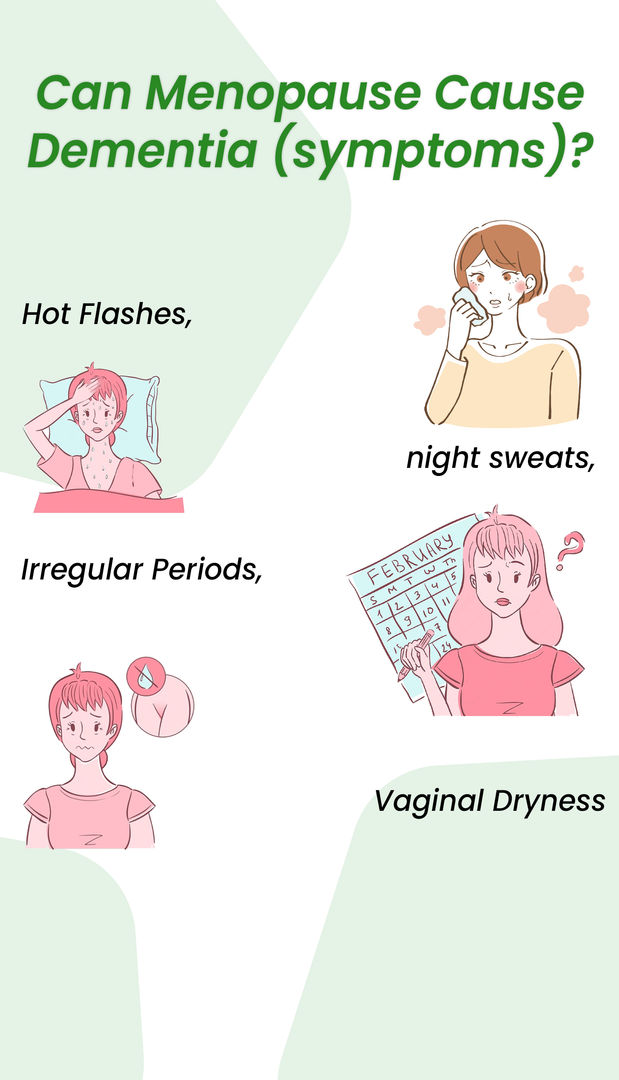
One of the reasons may be due to the sudden decrease in estrogen levels that occurs during menopause. As estrogen has been shown to have protective effects on the brain. And others could be women going through perimenopause and menopause experiencing "brain fog," where they experience symptoms like having hot flashes, dementia, forgetting names, appointments, etc.
However, it is not necessary.
Dementia is the cause behind it. In a word, there isn't currently any evidence that menopause causes dementia.
How does menopause lead to dementia?
While there are several possible explanations for why women are more prone to get dementia, one of the leading ones is the estrogen hormone.
However, it is thought that the sudden decrease in estrogen levels during menopause may increase the risk of cognitive decline and dementia. Estrogen has been shown to have protective effects on the brain and losing this hormone during menopause may contribute to dementia.
Furthermore, other factors, such as
It may also play a role in the development of dementia.
Could a change in estrogen levels affect the risk of getting dementia?
Let's take a closer look at their relationship below!
Low Estrogen and dementia
Estrogen is a hormone produced by the ovaries and plays a role in regulating the menstrual cycle. It has also been shown to have protective effects on the brain.
Therefore, a sudden decrease in estrogen levels, such as during menopause, may increase the risk of cognitive decline and dementia.
It has also been seen that serotonin, acetylcholine, and dopamine are used to transmit impulses throughout the brain and can also be affected by estrogen. Some Alzheimer's disease symptoms have been attributed to issues with the acetylcholine signaling pathway, which may be related to low estrogen levels.
However, more research is needed to understand the exact relationship between low estrogen levels and the development of dementia.
Dementia shows symptoms much as any other illness does.
One should be aware of them, no matter how little!
Let's read out!
Can menopause cause dementia-like symptoms?
Menopause is the natural transition that occurs in women when the ovaries stop producing eggs and the production of certain hormones, including estrogen, declines.
Common symptoms of menopause include
It is important to note that menopause is not always a cause of dementia.
However, early menopause has been associated with an increased risk of developing dementia later in life.
If you are experiencing symptoms of menopause and are concerned about your cognitive health, it is recommended that you speak with your doctor from the specialized neurology hospital for further evaluation and advice.
Now let's discuss,
What is the likelihood of getting dementia during menopause?
It is difficult to determine the chance of developing dementia during menopause.
The exact relationship between the two needs to be better understood, and more research is needed in this area.
Additionally, the likelihood of developing dementia can vary depending on several factors, including genetics, lifestyle, and overall health.
While early menopause has been associated with an increased risk of developing dementia later in life, it is essential to note that not all women who experience early menopause will develop dementia. Not all women who develop dementia have a history of early menopause.
Do you believe in the saying,
Is prevention better than cure?Then make sure to read the next section.
How to prevent dementia while in menopause?
There is no known way to prevent dementia. However, there are some steps you can take to maintain good cognitive health and potentially reduce your risk of developing dementia.
These steps include:
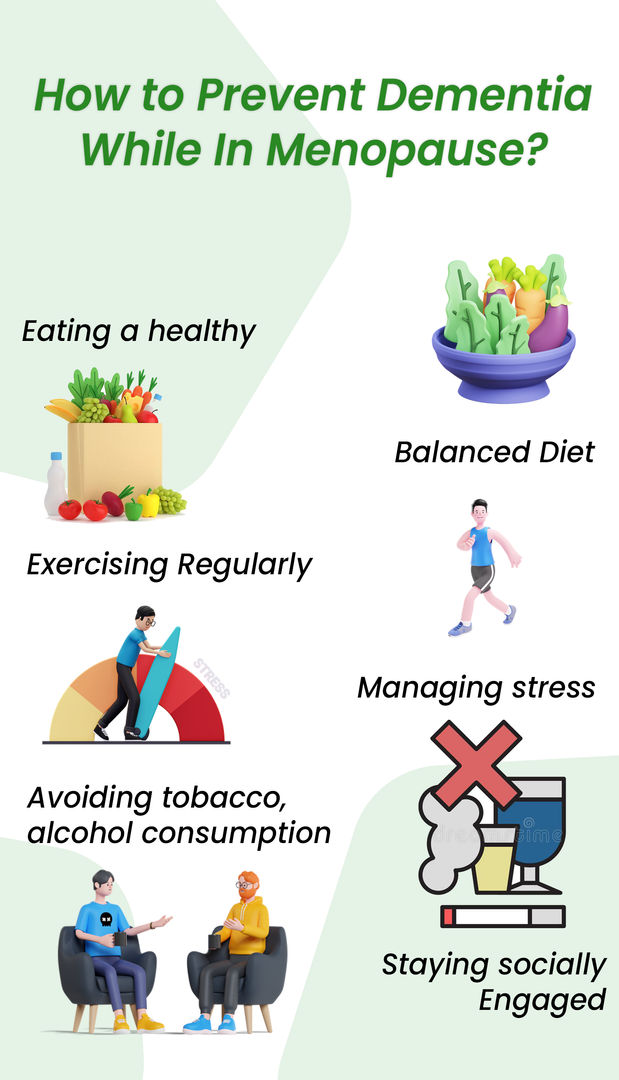
It is also essential to manage other health conditions, as these can affect your cognitive health.
Don't worry.
We also have a solution for your problem.
Let's scroll down!
Is there any treatment for curing dementia during menopause?
Yes!
Here, we have listed a few treatments, such as medications and therapies for dementia during menopause.
- Hormone replacement therapy dementia: This treatment involves taking hormone therapy such as estrogen and progesterone to replace the ones that are lost during menopause. HRT and dementia are interrelated to an extent as Hormone Replacement Therapy is associated with a reduced risk of dementia in postmenopausal women. HRT can help alleviate some of the symptoms of menopause, including memory loss and cognitive decline.
- Cognitive behavioral therapy: This therapy helps individuals with dementia learn new strategies to manage their symptoms and improve their overall cognitive function.
- Medications: Certain medications, such as cholinesterase inhibitors, may be prescribed to help improve cognitive function in individuals with dementia.
- Alternative therapies: Some individuals may find relief from dementia symptoms through alternative therapies, such as acupuncture, herbal remedies, and meditation.
References:
https://newsroom.heart.org/news/early-menopause-may-raise-risk-of-dementia-later-in-life
https://www.alzheimers.org.uk/about-dementia
https://www.health.com/condition/menopause

